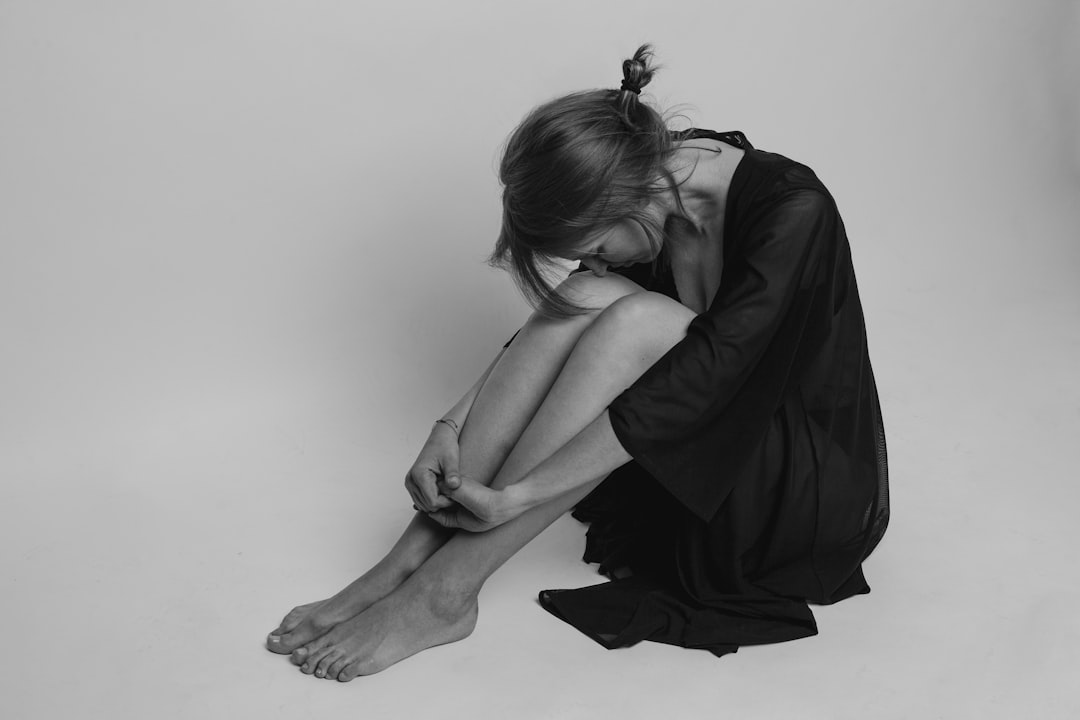Unpaywalled: On Futility and Hopelessness
As the prophetic hadith goes, 'Tie your camel and trust in God'

As a way of saying thank you for following my work on Substack, I wanted to un-paywall this post, which outlines some of the recent changes in my own writing and thinking. If this resonates with you, please feel free to share.



